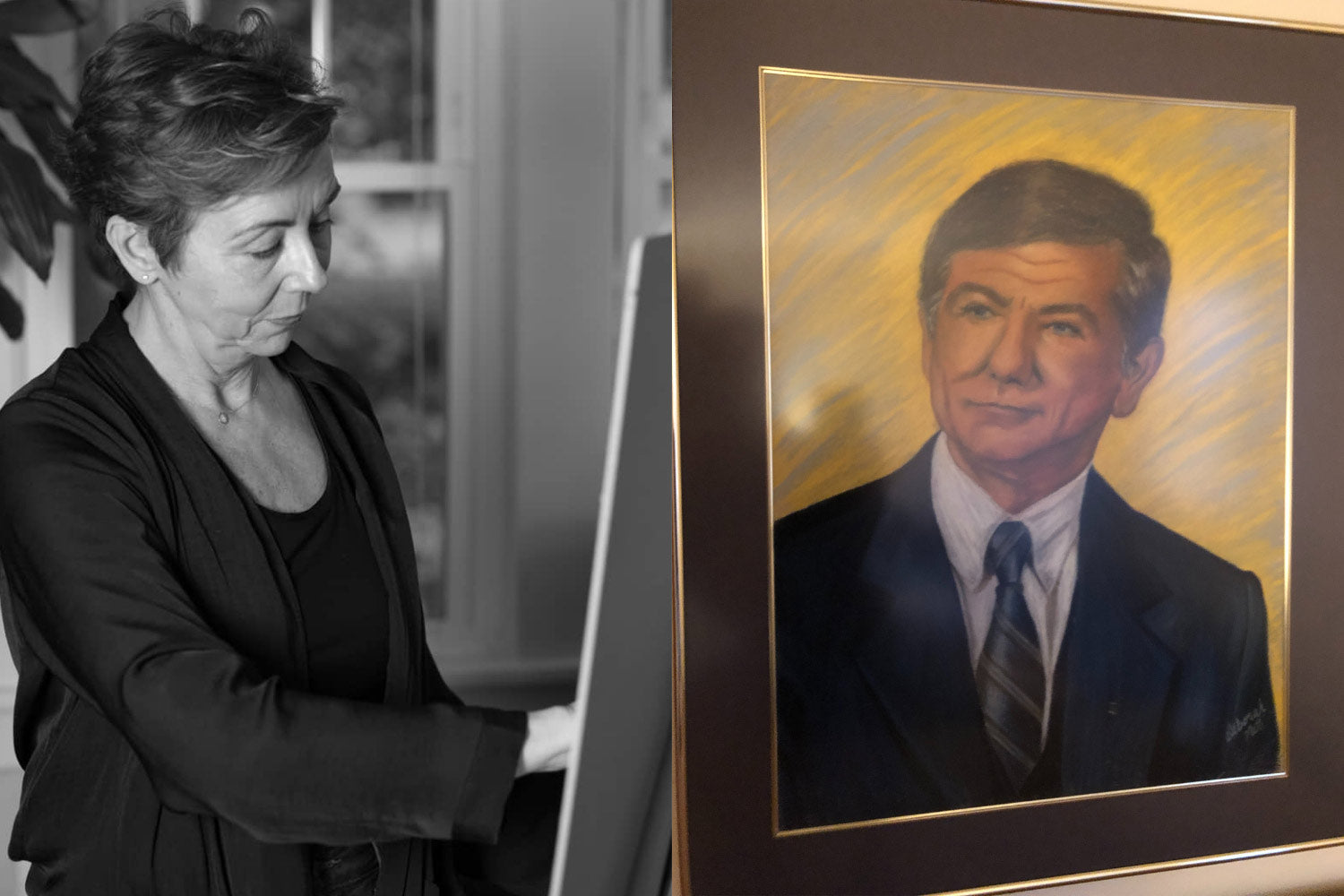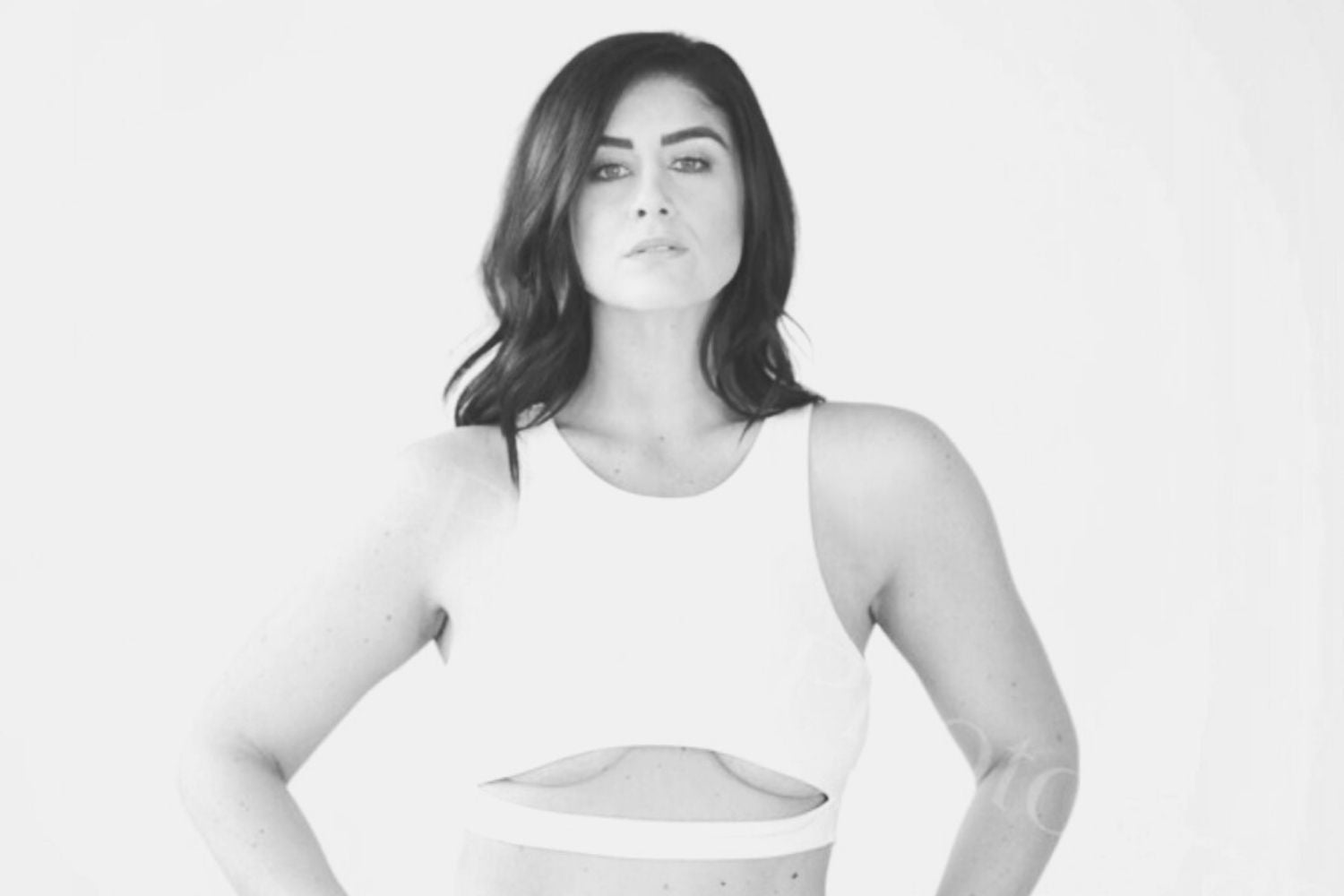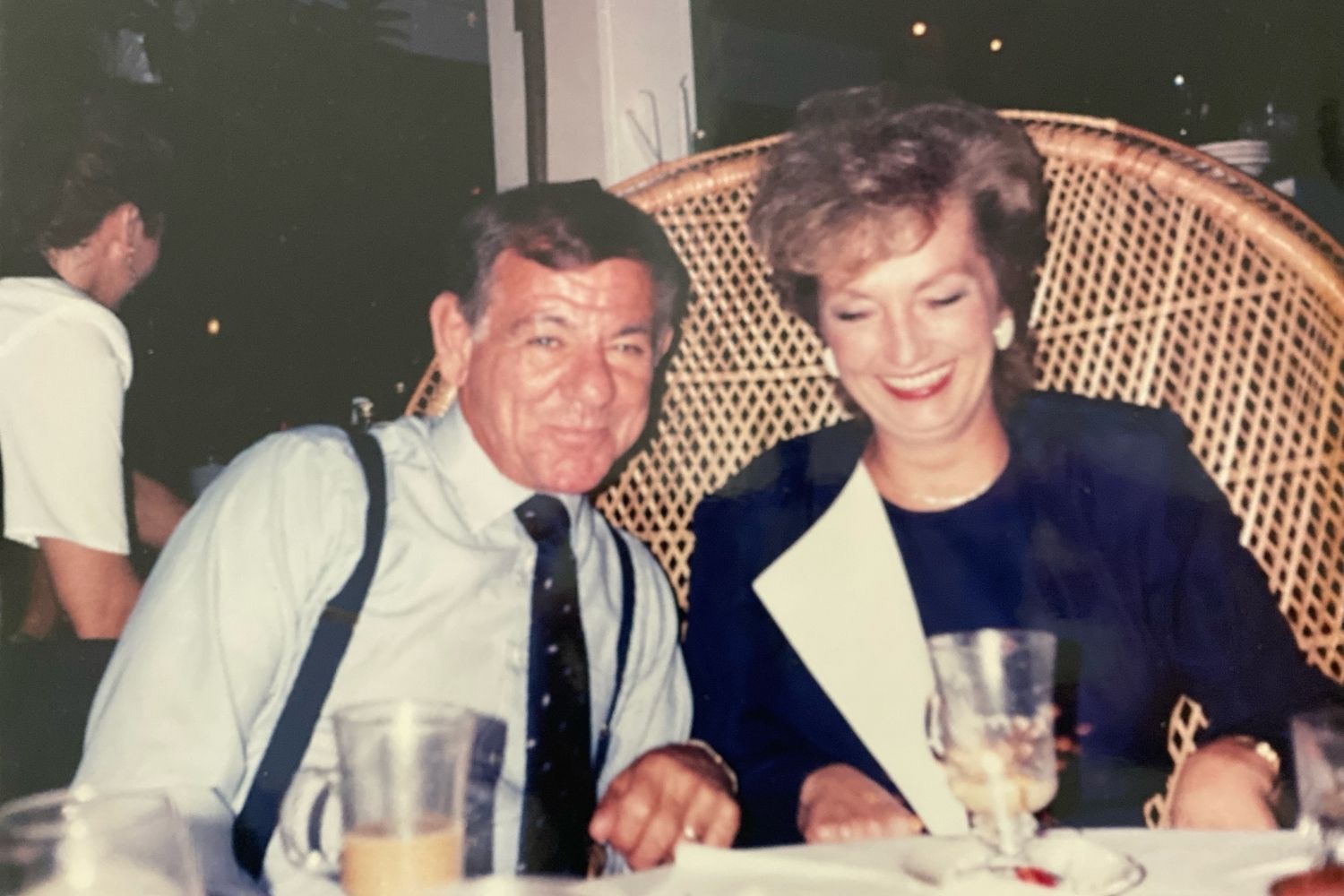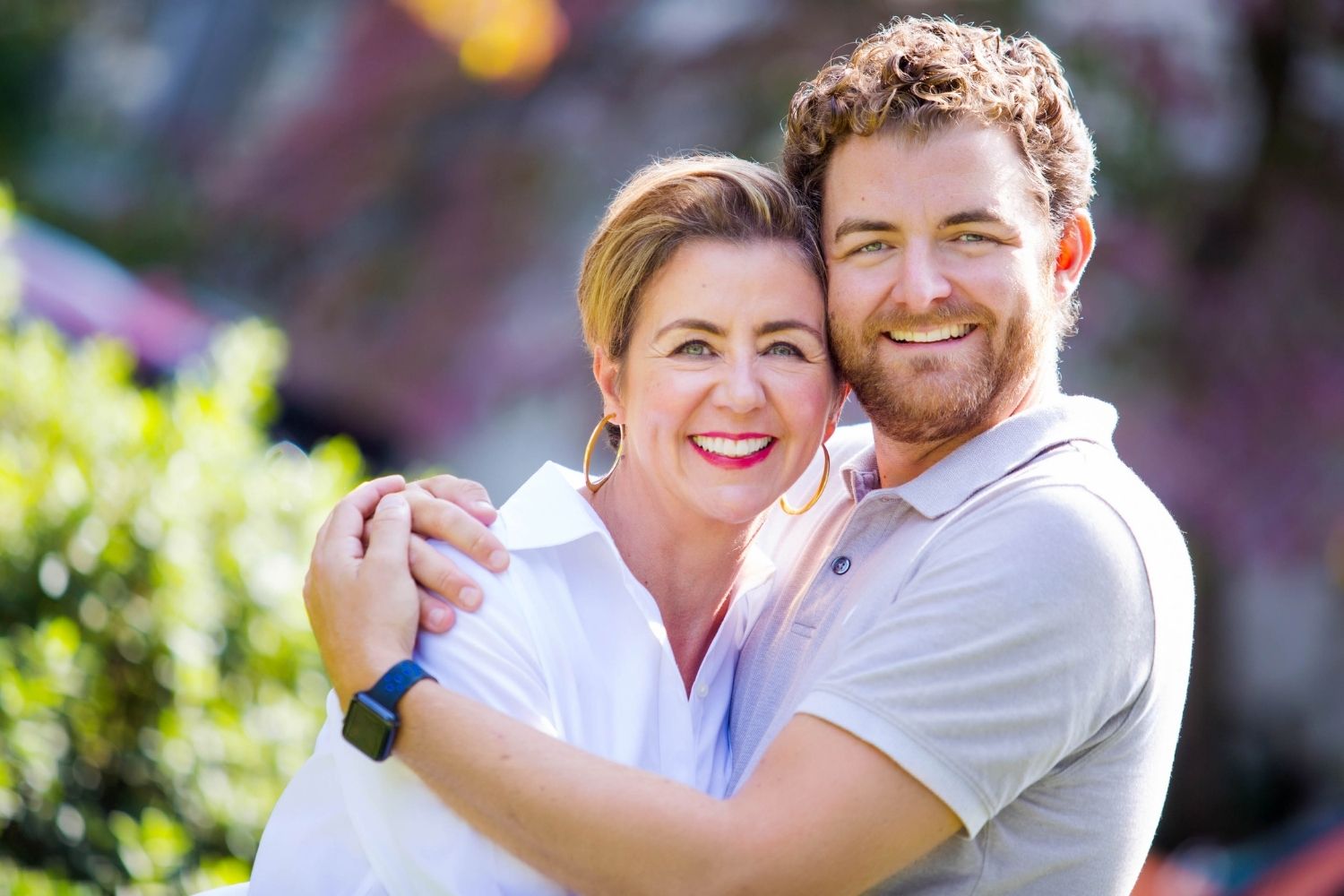FREE SHIPPING $75 or more – Use code FREESHIP. Free shipping to Monroe, Livingston, and Ontario Counties no code needed.
FREE SHIPPING $75 or more – Use code FREESHIP. Free shipping to Monroe, Livingston, and Ontario Counties no code needed.
An artist’s perspective on the Magic of TIM

The point at which I realized that we as humans see our own faces in one dimension was a pivotal moment in my awareness.
Think about that. We see each other in three dimensions.
And we see our own faces in one dimension only.
We can look down at our bodies and see the three dimensions of our torsos, arms, hands, legs and feet.
But the only view we have of our faces is a "one dimensional" perspective.
And that view is the image we see when we look in the mirror or see a photo of ourselves.
And both of these perceptions are wrought in conditions that can be unfavorable.
What was the lighting? Was I tired? What was the camera quality? And the list goes on.
It was 1993, the year after my Dad, at the age of 57, transitioned into the non-physical (AKA-died).
I decided to paint a portrait of him to present to my mother on her birthday.
I set up my easel in my loft apartment and started to sketch. I was doing what I naturally do when I draw, looking at a photo and connecting with my memories of him. (Continue reading to see a photo of the painting.)
Little did I know how cathartic and "life changing" the entire experience would be for me, not only personally but professionally.
The painting was perfect, it was life-like and "life size".
Except for the mouth area. I had redrawn it several times to create an exact likeness of my Dad and for some reason, it wasn’t perfect.
My mother’s birthday was only a few days away and I had to get another perspective.
I brought it to our makeup studio to show to Deanna and as I waited for her attention, I was holding the painting outward and happened to glance in a "wall size" mirror.
To my astonishment, the reflection of the portrait did not look like my Dad at all!
My Dad was a handsome man. The reflection of his image looked distorted.
I immediately thought: “Is this how he saw himself?”
Is this how we all see ourselves?
Our mirrored reflection is one dimension, and it’s backwards. It is not a true representation of how we look in three dimensions.
Does our mirrored reflection have anything to do with the perception we have of ourselves?
Especially if we are comparing our image to the multitude of fashion and Hollywood images that are forced into our awareness in the 4,000-10,000 ads we can see in one day?
The practice of the Tim Ritual allows us the opportunity to see ourselves "three dimensionally".
The natural highlighting and contouring effects of steps 2 and 3 give definition to our cheekbones, brow bones and jawlines.
That is why nearly every woman who sees themselves with TIM has the same reaction.
“WOW!”
The “completion” of the portrait painting story will be continued in my next writing. Stay tuned.
Love,
Deborah
PS. See instructional videos of our TIM Highlight and Contour techniques.
Also in TIM Makeup Company Blog

It’s time to take back our POWER
At the age of thirty-eight, I became aware that I had been verbally and energetically silenced my entire childhood. As a child, when I spoke my Truth (expressed myself), if it was opposite of most adults’ beliefs or conditioning, I would be punished, ignored and/or dismissed.

The Angel who pointed out the error in the portrait painting of my Dad

Learning to love myself unconditionally
Presenting myself well in public was a habit ingrained in me from childhood, from the moment I began dressing myself. My Dad would lecture my four siblings and me about the importance of personal appearance.
